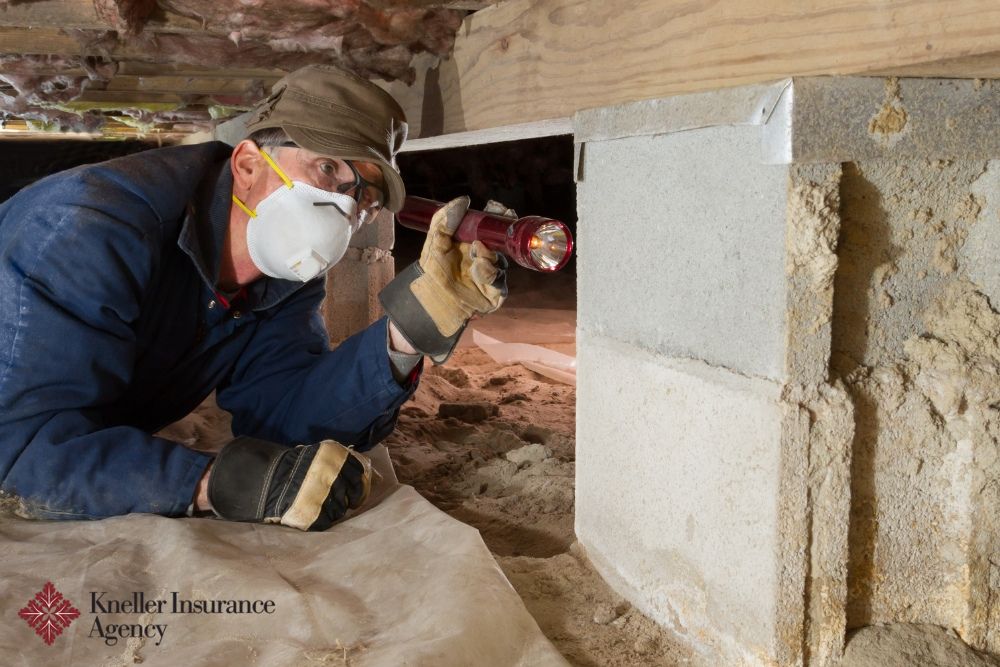


Buying a home is one of the most significant investments most people make, and protecting that investment is a top priority. Homeowners insurance is designed to help with unexpected losses such as fire, storms, and theft. However, many people are surprised to learn that termite damage is not usually included. Knowing the details about how insurance works with pests can help you prepare and avoid costly repairs.
Termites are tiny insects that feed on wood and other plant material. A colony can grow quickly and cause significant damage to the structure of a home. Since they work quietly inside walls, floors, and foundations, the problem often goes unnoticed until it becomes serious. Repairs can be extensive and expensive, making prevention and early detection very important.
Most homeowners insurance policies exclude termite damage. Insurance companies view termites as a maintenance problem that develops over time rather than a sudden, unexpected event. This means that the cost of removing termites and repairing the damage is usually the homeowner's responsibility. There are some exceptions. If termites cause hidden damage that leads to a covered event, such as a fire or a sudden collapse, the resulting damage might be covered by your insurance. However, the termite damage itself will not be paid for. This is why reviewing the details of your policy is so important. A clear understanding of home insurance termite coverage can prevent surprises later.
Since standard homeowners insurance does not usually cover termites, prevention is the most effective way to protect your home. Simple steps can significantly reduce the risk of an infestation.
A routine inspection and maintenance plan can save thousands of dollars in potential repair costs.
The first step for homeowners is to review their insurance policy carefully and ask clear questions about what is covered and what is excluded. Speaking directly with your insurance agent helps avoid surprises later. Some pest control companies also offer treatment plans with warranties or repair guarantees, providing an added layer of financial protection. At Kneller Insurance Agency, we are here to guide you through these decisions. Our team can explain the details of your policy and point out where termite-related risks may fall outside of coverage. You can also contact us at 518-392-9311 to explore options that provide more reassurance. Since home insurance termite coverage is often limited, the most effective approach is to combine prevention, regular inspections, and expert advice to mitigate the risk.
No, insurance companies do not usually require them. However, many lenders and real estate agents need a termite inspection before approving a sale.
Some home warranty providers offer optional pest-related coverage, which is separate from a homeowners insurance policy.
Common signs include hollow-sounding wood, small mud tunnels on walls, blistered flooring, and piles of discarded wings.
It is recommended to inspect at least once a year, and more frequently if you live in an area with heavy termite activity.
In most cases, no. Still, it is always worth asking your insurance agent about any available options or endorsements that may be available.